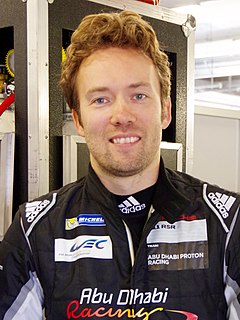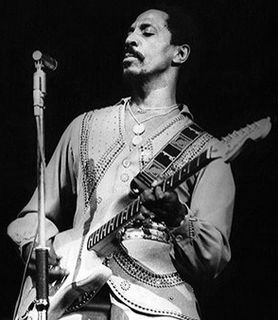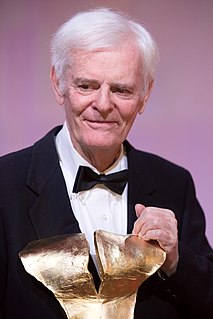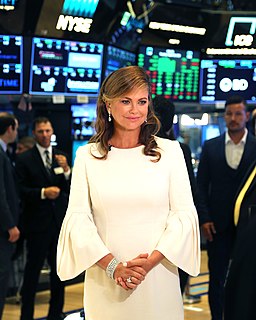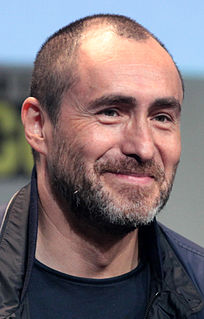A Quote by Khalil Gibran
You progress not through what has been done, but reaching towards what has yet to be done.
Related Quotes
The poor, you know, have a way of solving problems...they have a tremendous capacity for suffering. And so when you build a vehicle to get something done, as we've done here in the strike and the boycott, then they continue to suffer - and maybe a little bit more - but the suffering becomes less important because they see a chance of progress; sometimes progress itself. They've been suffering all their live.s It's a question of suffering with some kind of hope now. That's better than suffering with no hope at all.
We had learned how to invent things, and the question of why we invent things receded in importance. The idea that if something could be done it should be done was born in the nineteenth century. And along with it, there developed a profound belief in all the principles through which invention succeeds: objectivity, efficiency, expertise, standardization, measurement, and progress. It also came to be believed that the engine of technological progress worked most efficiently when people are conceived of not as children of God or even as citizens but as consumers-that is to say, as markets.
I bobbed and weaved through my career. And in hindsight, though I'd like to say it was a plan - it was not - the bobbing and the weaving gave me a broad base from which to become an executive who could say, 'OK, I've done this, and I've done this, and I've done this.' And nobody could BS me, because I'd done most of it.

